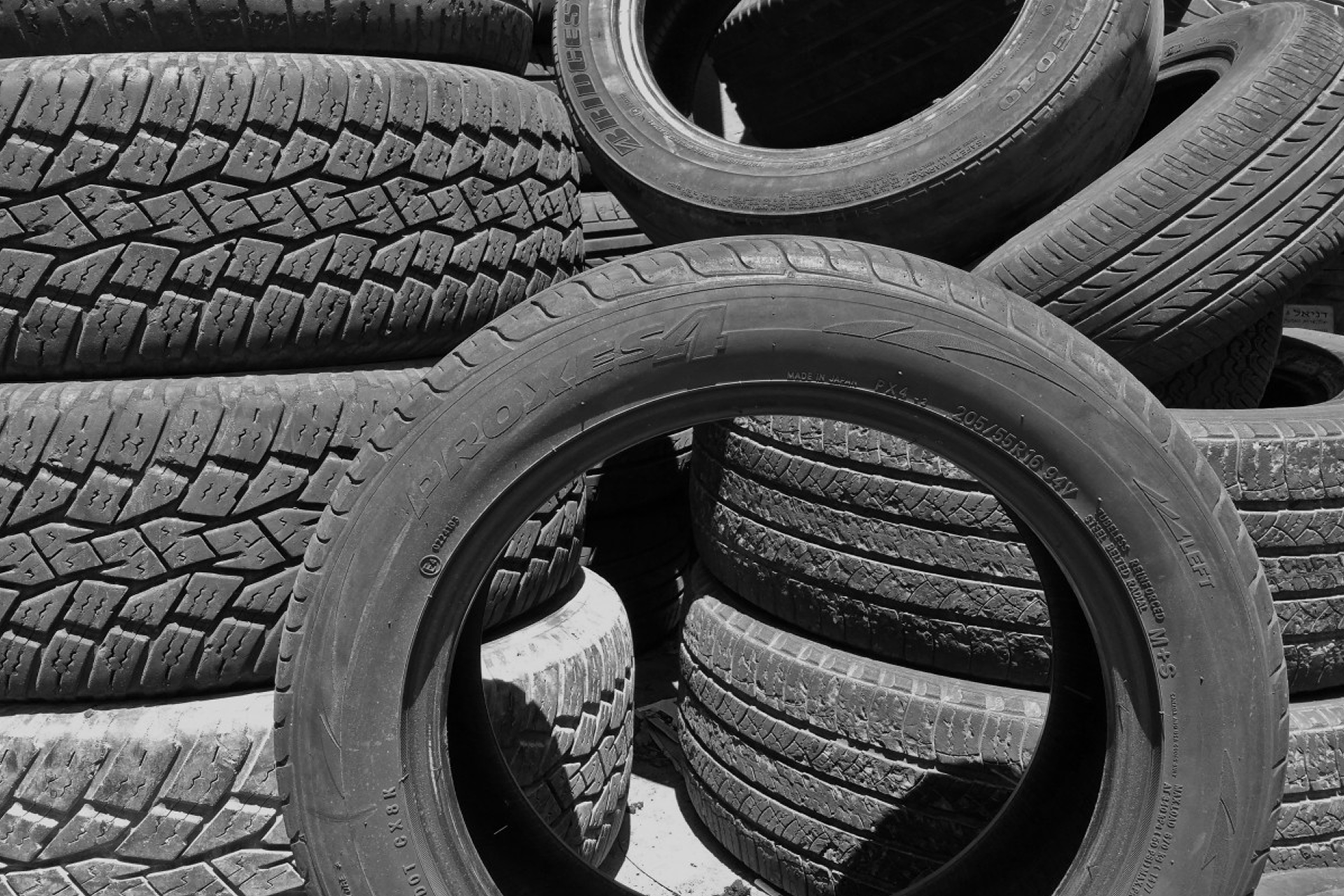Tyres

As part of your daily routine you will be making a quick visual check of your tyres. Before doing the daily-checks project read the text and watch the tyre-safety videos below.
Keeping your tyre pressures within the manufacturers recommended range will help save fuel, maximise braking efficiency and affect handling. Check tyres when they are cold.
But... Before you start watching...
In this unit, and throughout your course from now on, we deliver a lot of information by showing you video explanations and examples.
Watching training videos is not the same as 'passively' watching a TV programme, you are watching for learning, not entertainment (although hopefully you will find the videos entertaining!). To ensure that you watch videos actively and learn the key messages it will help to make key notes, create mind-maps or use other methods that can help you to revise and remember the information.
We recommend that you watch each course video at least twice and that you make notes (pausing/rewinding/replaying the video as required) - studies have shown that students who take notes remember up to seven times more if they are tested on the material a week after studying.
Take a couple of minutes now to watch a short video from 'Understood' (on You Tube). It explains simple note taking strategies. If you want to learn more about note taking you might be interested in this 13 minute video which specifically explains a method for taking notes while watching video. Spending a little time now to understand how to best utilise the video resources in iCourse can save hours later on and greatly improve your chances of early success at Part-Two and Part-Three.
Get yourself a notebook or some blank sheets and practise note taking starting with the videos in this unit.
Public information film...
This old public information film give us a glimpse of a different era - but many things remain the same now as they were back then, not least the importance of looking after your tyres.
Checking your tyres
Walk around the car and look for any obvious tyre damage or pressure loss. If in doubt, check your tyres with a pressure gauge - despite popular opinion, you can't check tyre pressures by giving the tyres a good kick!
If you, or one of your future customers, runs hard through a pothole or bumps a kerb pull up at the first opportunity to double-check for tyre damage.
The small footprint of each tyre is all that is holding you on the road. Damaged or wrongly inflated tyres will simply let go in an emergency...
You should make a detailed inspection of your tyres once a week to make sure that you stay legal, stay roadworthy and stay safe. The maximum penalties for tyre issues are £2,500 and 3 penalty points per wheel.
For driving instructors tyres are not only essential for safety, but also for business - every year there are driving instructors who have driving tests refused because the examiner spots a problem with the tyres. This is an expensive error!
The cost for a conscientious instructor would be:
-
The test-fee for the pupil's next test appointment
-
At least two hours lesson time for the next test booking
-
Two or three hours extra training as compensation and to maintain the pupil's driving standard until the next driving test appointment
All of this can add up to several hundred £££'s - the alternative for a less conscientious instructor is to lose a customer and risk any bad publicity if they take the story to the local press.
Tyre information
Tyres must be the correct type for the vehicle (speed rating, etc.) and free from cuts and bulges.
The minimum tread depth for tyres is 1.6 millimetres across the central three-quarters of the tyre and around the whole circumference. Your tyres have rectangular wear indicators within the tyre (running across the tread); when the indicators are level with the tread it's time to replace the tyre. But...
We recommend that you replace your tyres before they reach the minimum legal tread depth. Our advice is never let your tread depth drop below 3mm.
Front tyres will often wear quicker than rear tyres but tyres on the same axle should wear evenly; if opposite tyres wear unevenly, or a single tyre wears on one edge, you have problems...
If you are unsure about your tyres, consult a tyre specialist.
Note that the videos recommend a detailed inspection of your tyres every couple of weeks - however, remember that you are a professional and will be using your car far more than the average driver. We recommend detailed checks every week - and in addition, every time you have a driving test
Next: Step 3, DVSA requirements
